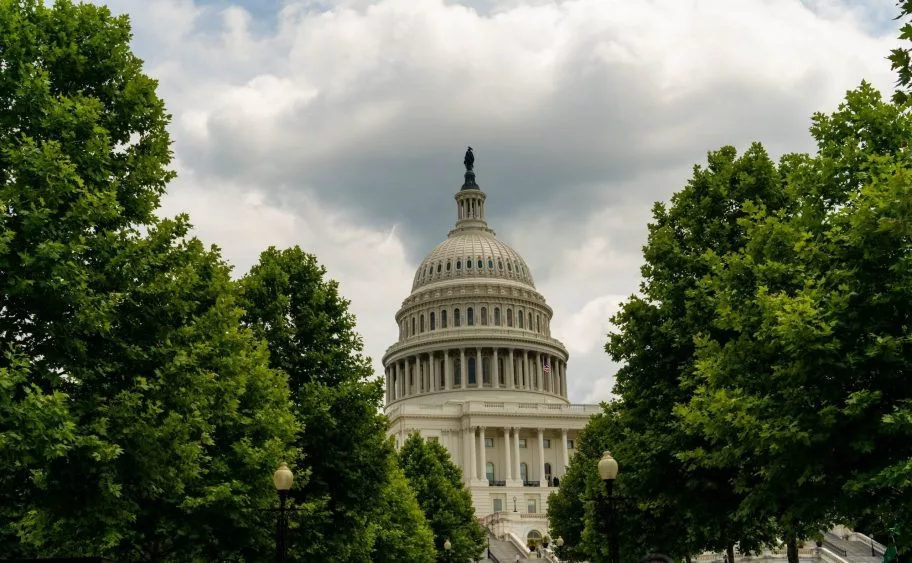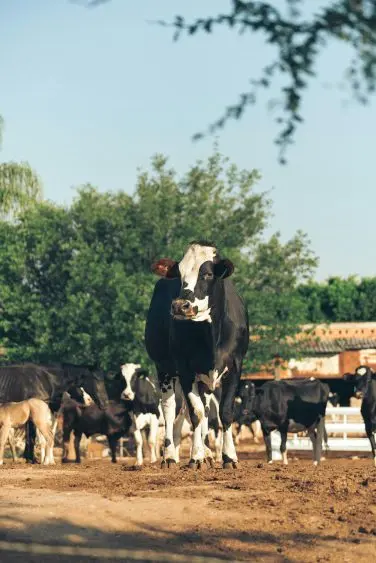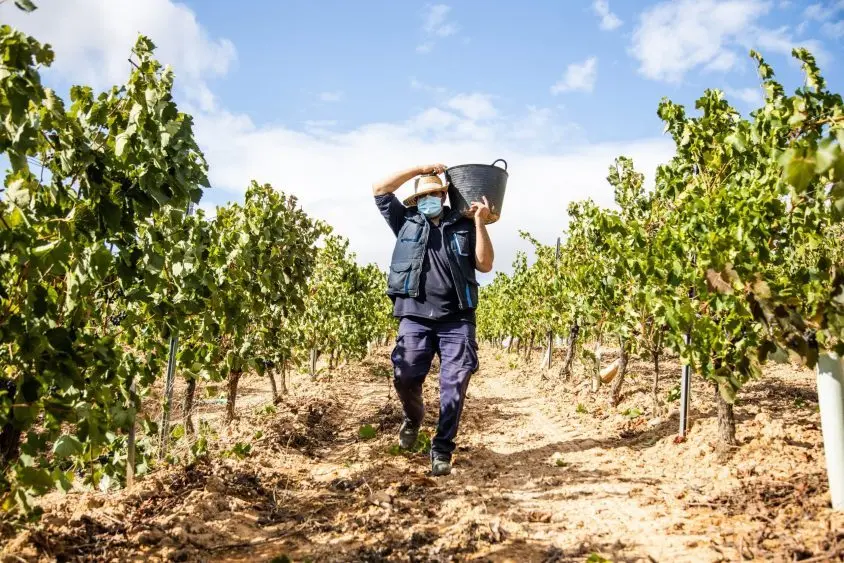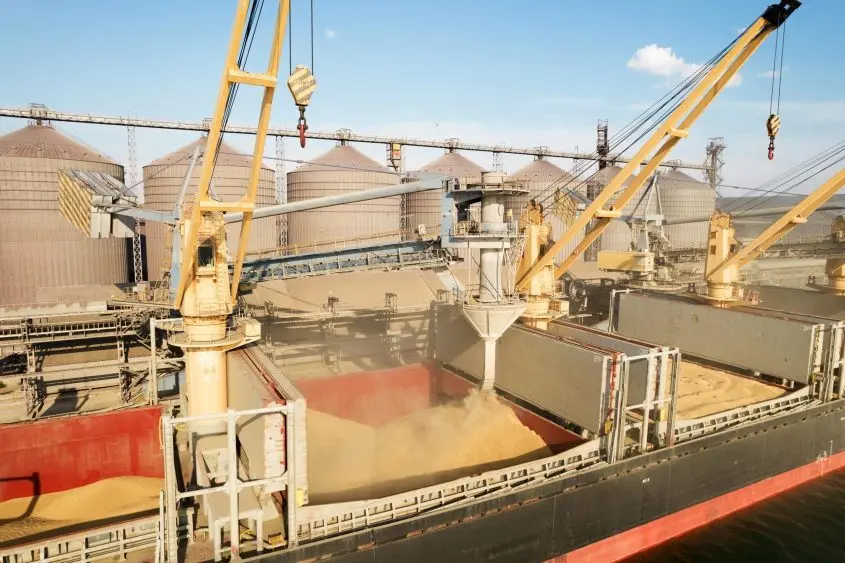
The House passed a sweeping reconciliation bill by a single vote—215 to 214—highlighting not only the razor-thin margin in Congress but also the widening ideological gulf between Republicans and Democrats over food and farm policy. The bill, which South Dakota Congressman Dusty Johnson called a “big win for American agriculture,” has sparked fierce debate over the future of the long-standing farm and food coalition that has historically united lawmakers across party lines.
“There’s been a lot of misinformation,” Johnson said in an interview following the vote. He emphasized that the legislation preserved Supplemental Nutrition Assistance Program (SNAP) benefits while reinforcing work requirements for able-bodied adults. Pushing back against Democratic claims of devastating cuts to vulnerable populations, Johnson said “if you can work, you should work, that’s who the work requirements apply to.”
That divide was on full display during the Rules Committee debate between Republican Congressman Austin Scott and Democratic Congresswoman Angie Craig. When Craig highlighted that SNAP supports 45 million Americans compared to one million farmers covered under farm programs, Scott fired back: “Without the one million farmers in this country, there’s no food for the people who have SNAP benefits to buy.”
While USDA data shows roughly 3.5 million people involved in farming, much of the funding in farm bills has traditionally gone to SNAP. Republican lawmakers point out that 82 percent of farm bill spending currently goes to nutrition programs, leaving less than 10 percent for production agriculture. That imbalance, they argue, undermines the financial viability of farming operations and the nation’s food security.
Craig warned that the GOP-led bill risks dismantling the fragile farm-food coalition. “We’re destroying that here, today, folks,” she said. “And it has long-term consequences for us.”
Asked about concerns from Craig regarding partisan divisions, Johnson dismissed them. “This is a new concern for Chairwoman Craig,” he said. “She didn’t have those concerns when they made massive changes to farm bill conservation programs as a part of the Inflation Reduction Act. She didn’t seem to be bothered at all by that then.”
“At the end of the day,” Johnson added, “farm state Democrats and Republicans want to help their producers.”
Despite the tension, Johnson defended the bipartisan elements of the House’s work, pointing to increased reference prices, extended biofuel credits like 45Z, and protections against a looming 22 percent tax hike.
“It’s hard to overstate how much stronger this will make American agriculture,” he said.
The legislation now heads to the Senate, where significant changes are likely—particularly to SNAP, Medicaid, and deficit provisions. “The Senate wants to have its imprint,” Johnson acknowledged. “Let’s hope they don’t disrupt the equilibrium we’ve built.”
With both parties standing firm on deeply held priorities, the next chapter in the debate over the “One Big Beautiful Bill” could prove just as contentious as the last.
In the meantime, the clock continues to count down on the default deadline to raise the nation’s debt ceiling.
To listen to Rep. Dusty Johnson’s interview with Farm and Ranch Media’s Jesse Allen on Agriculture of America:



